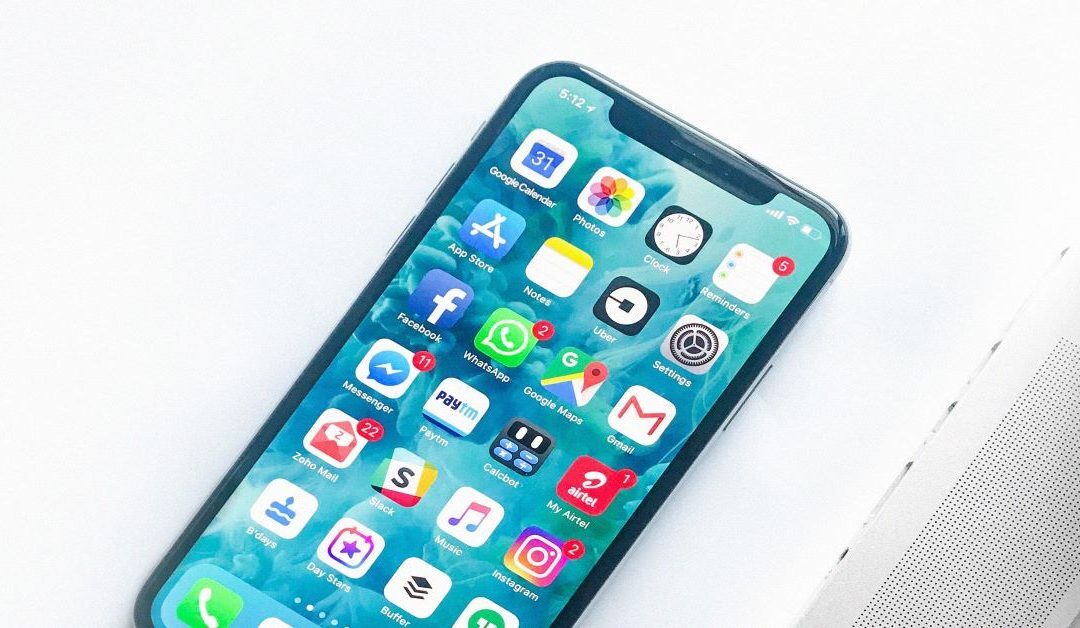We can have vital discussions in our communities about how our personal information and privacy is important, both in the current situation and after the crisis has ended.
3 Questions: Privacy and the “common good” during a pandemic

The tension between individual liberty and collective public interest is a debate as old as politics. Yet faced with an unprecedented pandemic, we find ourselves poorly equipped to respond in a way that balances civil liberties, new technology, and biological realities.
Since we all have limited experience living through pandemics, the best we can do is ask the necessary questions that help guide us through the trade-offs we’re facing. Here are three questions to consider:
Question #1: Do we trust those who are collecting and using our data?
Google announced on April 3 that they are releasing COVID-19 Community Mobility Reports to give officials use of their “aggregated, anonymized data” from Google Maps to monitor changes in behavior under social distancing and stay-at-home orders. In this article, TechCrunch observes that the data is “fuzzy” to avoid identifying information being broadcast, but even with disclaimers in place, there are concerns.
CNBC notes that Facebook has launched a “Data for Good” team to work on tools to help public health researchers figure out if preventative measures, such as social distancing, designed to stop the spread of coronavirus COVID-19 are being followed.” Yet Facebook has again been under scrutiny recently about collecting unauthorized data from other platforms its software supports, like the Zoom app.
Big government and Big Tech in partnership is rarely a comforting thought when discussing our personal privacy. Even when begun with the best of intentions, programs tend to grow in scope long after their original purpose is complete. What control do we have, or should we have, over our personal data? Can we ensure that those entrusted to use it against COVID-19 don’t find new uses we don’t consent to when the pandemic is over?
Question #2: Should governments be allowed to track citizens to enforce social distancing?
Stay-at-home orders are a perfect opportunity for overzealous enforcement of new and rapidly changing rules. The available data is already sufficient for “scoring” states on how effective social distancing measures are.
Robust tracking is a tempting avenue for law enforcement, particularly in areas deeply affected. The authoritarian government in China is using an app that is closely monitored by the police and color-codes citizens based on health status. The more liberal regime in South Korea is using payment tracking and CCTV cameras. If tracing technology is helping contain the virus elsewhere, should we use it here? At what point do strategies like contact-tracing become surveillance?
Writing in The Week, Navneet Alang notes that:
Technology is always ambivalent, and always has both benefits and drawbacks. But surveillance in particular is a dimension of tech that is explicitly about enacting power. And power, once given, is not only hard to take back, it is immensely difficult to wield fairly. In times of genuine fear, it can be easy to turn to a desire for authority; we must resist it, and in the face of a worrying global pandemic, turn to each other instead.
Well before this crisis, police were using technology to identify individuals in areas where crimes occurred. The question of whether this is constitutional is unsettled. However, it suggests that law enforcement is already considering ways to use tracking data, and that trade-off is worth careful consideration.
Question #3: Is there an alternative to Big Tech partnering with Big Government?
The issue at the heart of all these questions is whether liberal democracies can develop tools and practices that protect individual liberty while effectively battling a pandemic. Authoritarian governments have few qualms about doing whatever is deemed necessary, regardless of the costs to individual liberty. As Nicholas Write notes in Foreign Affairs,
East Asian countries have demonstrated that a robust regime of surveillance is essential to fighting a pandemic. Western democracies must rise to meet the need for “democratic surveillance” to protect their own populations. But what models can the West demonstrate that take advantage of the great benefits of AI-enabled surveillance without sacrificing liberal values?
Not all Big Tech solutions involve partnering with governments. Google and Apple are developing a way to contact trace without downloading an application or accessing personal information, which could allow individuals to maintain more control over their data.
These questions are not going to be answered soon, even with the extra time we have sitting at home waiting for the “all clear.” However, we can have vital discussions in our communities about how our personal information and privacy is important, both in the current situation and after the crisis has ended.